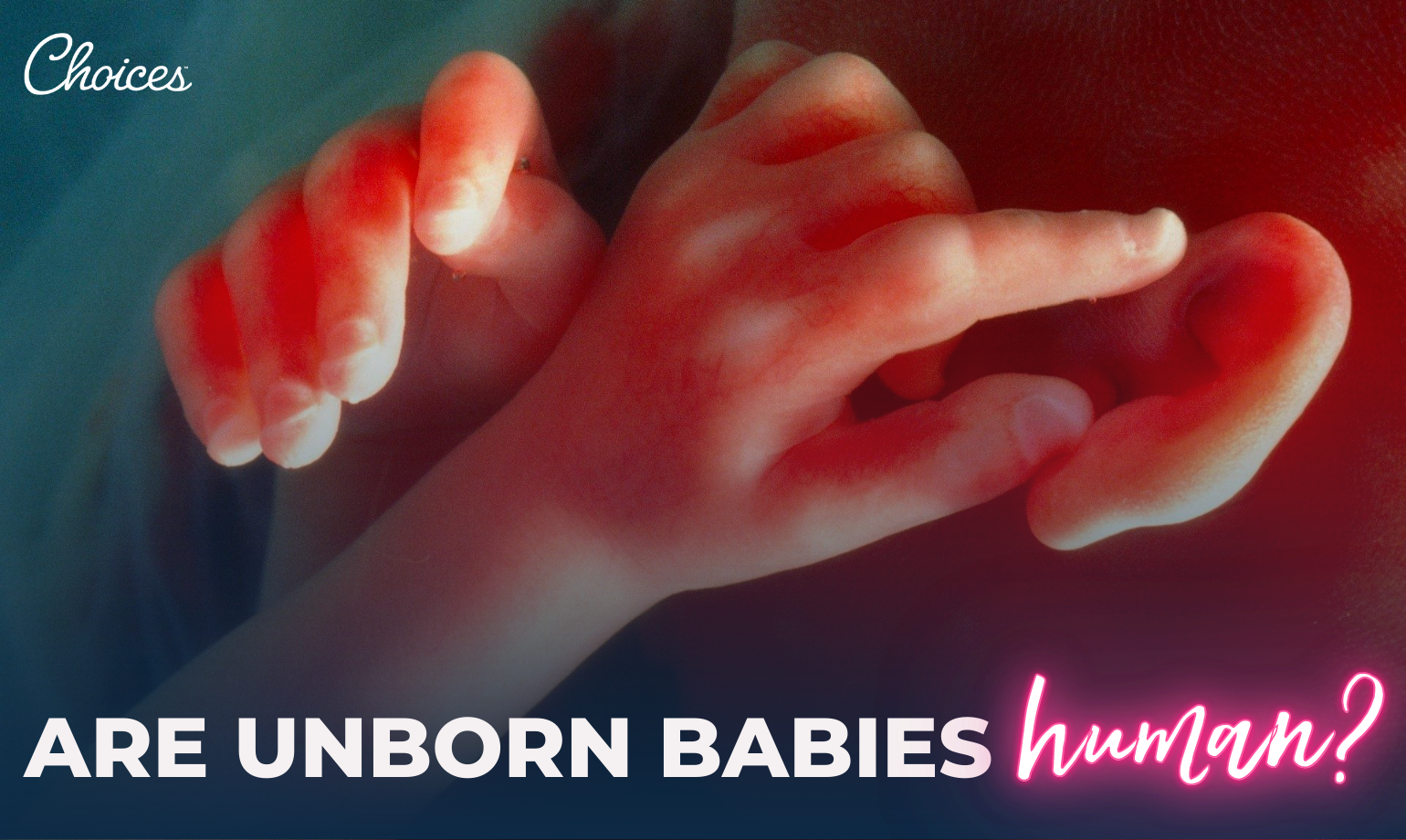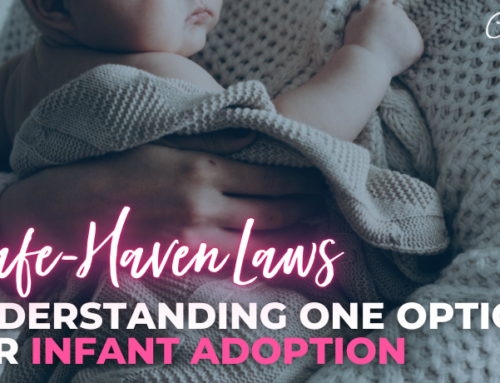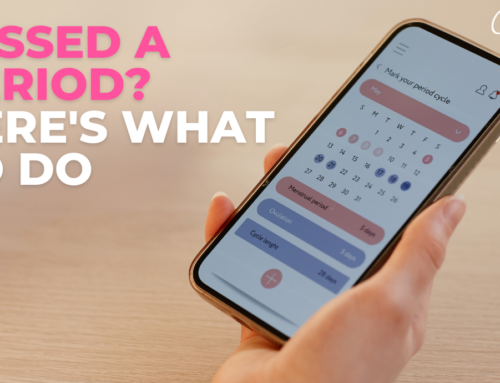When abortion first became legalized, it gained acceptance primarily because of one assumption: unborn babies were not considered human beings.
An unborn baby was termed a “clump of cells.” If a fetus is just a clump of cells, abortion is no different than pulling a tooth or having a tumor removed. Of course, a woman should have the right to any medical procedure she chooses when it applies to her own body.
This argument seemed plausible. Apart from the modern ultrasound tech, many people had no idea what occurred during pregnancy. For many years the abortion debate amounted to a “he said, she said” argument: I say it’s human, and you say it’s not.
Then the Argument Changed
Did you know?
- In recent years, modern medicine has revealed the truth about unborn babies, overwhelmingly confirming that an unborn baby is human. Even “Pro-abortion” biologists agree.
- At the moment of fertilization, an unborn baby possesses all the DNA-coded information it needs to be a totally separate person. At conception, “ethnicity, hair color, eye color, and other traits are already determined.”
- A baby’s heart beats as early as week three, and all limbs and organs are perfectly formed by week 4 or 5!
What now?
If that is the case — if abortion is the taking of human life — why then do so many doctors, politicians, and citizens still support abortion?
Well, the debate surrounding abortion has changed in recent years. Because experts can no longer deny the *humanity* of unborn babies, they instead deny that babies are *persons.*
Confused? Don’t stop reading – there is a crucial distinction here. Just being human no longer entitles people to live. America was founded on the belief that every human has the right to life. This is simply no longer the case.
“Abortion supporters have lost the argument on the scientific level. They can no longer deny that an embryo is biologically human. As a result, they have switched tactics to an argument based on personhood defined ultimately by their own personal views and values” (1).
How, then, do we define life? In this new world, who deserves to live?
Do you deserve to live when you can walk, crawl, or order French fries? As silly as it sounds, the reality is not so different. Biologists and bioethicists have offered varying solutions.
Some say you must attain certain traits such as self-awareness, memory, etc. Paul Bloom, a professor of psychology at Yale University, says, “we don’t really know the magical moment at which a cluster of cells becomes more than a mere physical thing.”
What is the “magical moment” when we are good enough to live?
As soon as someone else starts defining who has the right to live and who does not, we get into real trouble.
For example, children with Down’s Syndrome often do not fit the criteria. As a result, many experts believe that they should be terminated. Yet Down’s people are some of the happiest people on earth. Nevertheless, they are ironically told that they would be happier still if they were not alive.
Haven’t we already learned that once you define some people as “not worthy” compared to others, you get into pretty hot water?
Are You Wondering About Your Unborn Baby?
At Choices Pregnancy Centers, we are all about helping you get the facts and information you need about your pregnancy and your unborn baby so that you can make an informed choice.
We offer educational classes, free ultrasounds, and resources. Give us a call or set up an appointment today!







